swa news : In the villages of western Odisha, ancient traditions and masterful craftsmanship have long been woven into the fabric of everyday life. From the vibrant patterns of Sambalpuri handloom to the earthy elegance of terracotta art, these cultural expressions manifested identities and stories that have been passed down through generations. However, with changing economic landscapes, consumer tastes, and limited avenues for support, many artisans were forced to abandon their crafts, threatening the survival of these heritage artforms.
Now, a quiet resurgence is underway. Vedanta Aluminium’s Jharsuguda unit, through its extensive support of Project Subhalaxmi Udyogini–one of Odisha’s largest Self-Help Groups (SHG) –is helping women artisans reconnect with their roots, enhance skills, and build empowered lives. Two key initiatives under this project, VedSuta and VedMurtika, are enabling women to transform traditional knowledge into sustainable livelihoods, while preserving Odisha’s cultural heritage.
VedSuta is helping bring back the rhythmic sound of handlooms in Raghunathpali village in Jharsuguda. This handloom cluster development initiative aims to revive the Sambalpuri weaving tradition by training women from SHGs in specialised techniques such as yarn tying, natural dyeing, and traditional weaving. In the first phase of the project, 25 women have received access to handloom sets and are earning a steady income, while alsobeing trained in mastering the craft.
One of the weavers,Sasmita Meher, shares, “Through VedSuta, I’ve not only learned new techniques but also found a way to support my family. I feel proud when I see the designs I’ve created.” Beyond skill development, VedSuta is helping these artisans gain marketaccess, ensuring their products receive fair value and recognition.
Meanwhile, in the villages of Naxapali and Rengalbeda, the VedMurtika project is reshaping the practice of terracotta art. Once a thriving tradition, terracotta craftsmanship had seen a decline due to lack of exposure, training, and suitable income opportunities. VedMurtika is reversing this trend by equipping women artisans with modern techniques such as precision molding, intricate carving, and high-quality finishing. Additionally, training sessions on pricing, marketing, and planning are further helping them turn their creativity into a reliable income source.
Santoshini Rana, a participant in the program, said, “I used to make small clay items for local fairs, but earnings were very low. Since joining VedMurtika, I have learned more techniques and am now able to sell my products in exhibitions and urban markets. This is helping me earn more and enabling my children to attend school.” More than 30 women have formed active producer clusters through VedMurtika, working together to build their future with their own hands.
Highlighting the broader impact of these efforts, C Chandru, Chief Executive Officer, Vedanta Aluminium,Jharsuguda, said, “Through initiatives like VedSuta and VedMurtika, we are not only helping women artisans revive traditional crafts but also enabling them to build better, more secure livelihoods for themselves and their families. It is a demonstration of our commitment to achieve tangible progress that seeks to empower and enable change on a sustainable basis.”
What makes these initiatives especially transformative is their potential to blend cultural revival with economic empowerment, thereby extending their impact from being mere training programs to life-changing opportunities that could uplift entire communities. By investing in such efforts, Vedanta Aluminium’s Jharsuguda unit is fostering long-term, inclusive growth in rural Odisha. Every artisan who benefits from this program learns a craft, earns from it, and passes it on to the next generation.In every saree woven and every sculpture shaped, there is a compelling story – of women who took charge of their destinies and are shaping them in new, exciting ways.
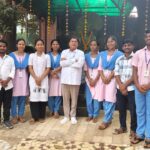

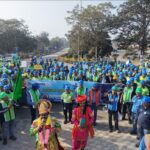


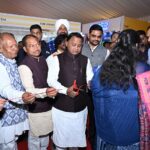

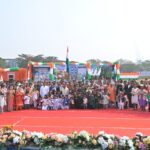
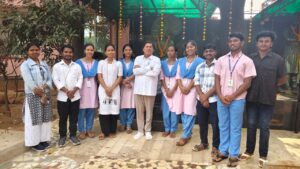
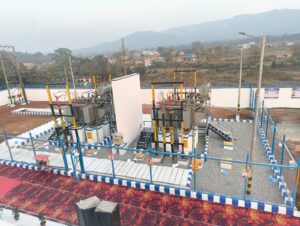
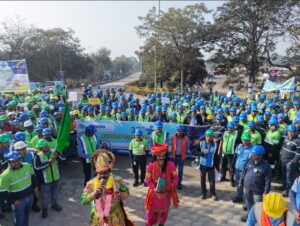

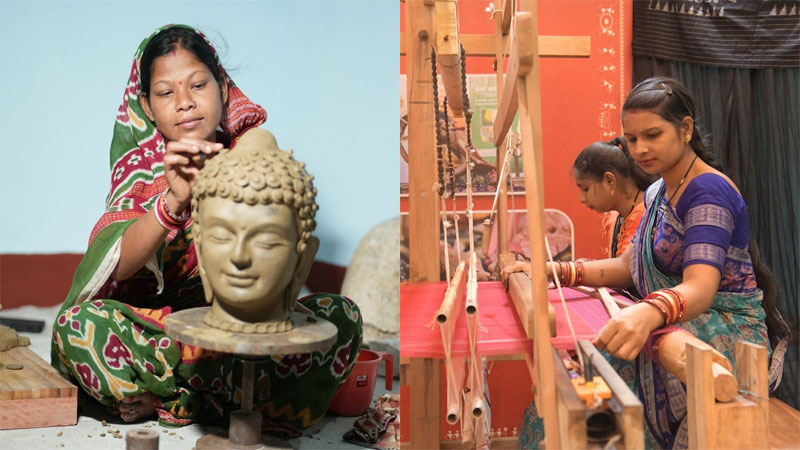
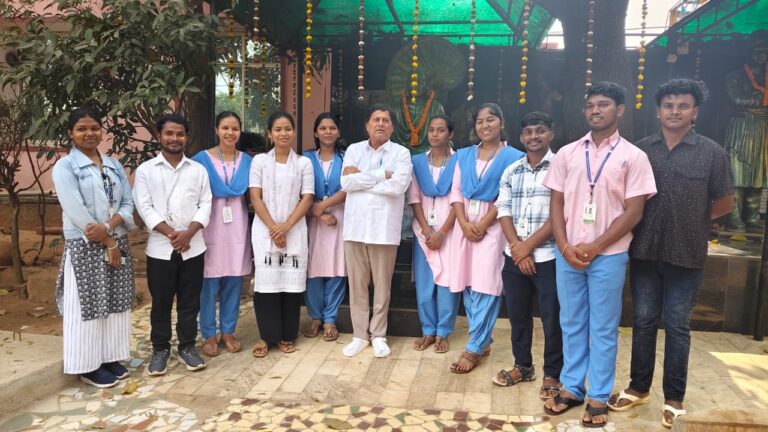
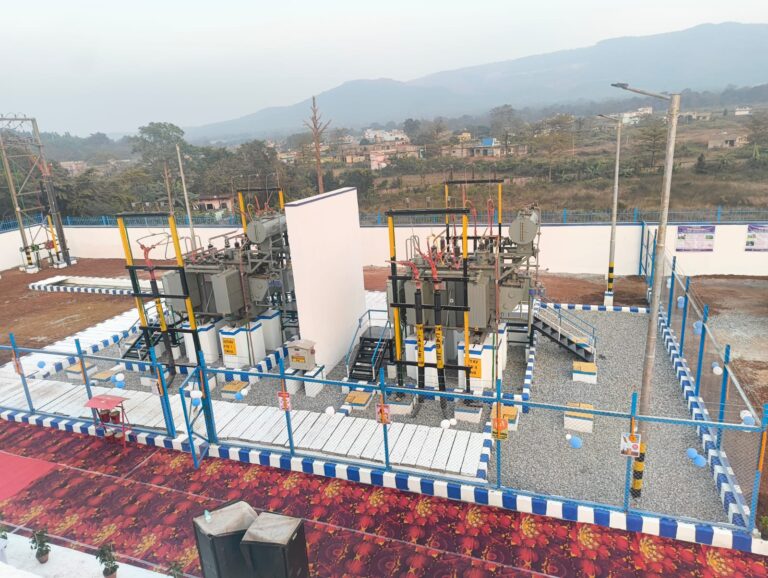
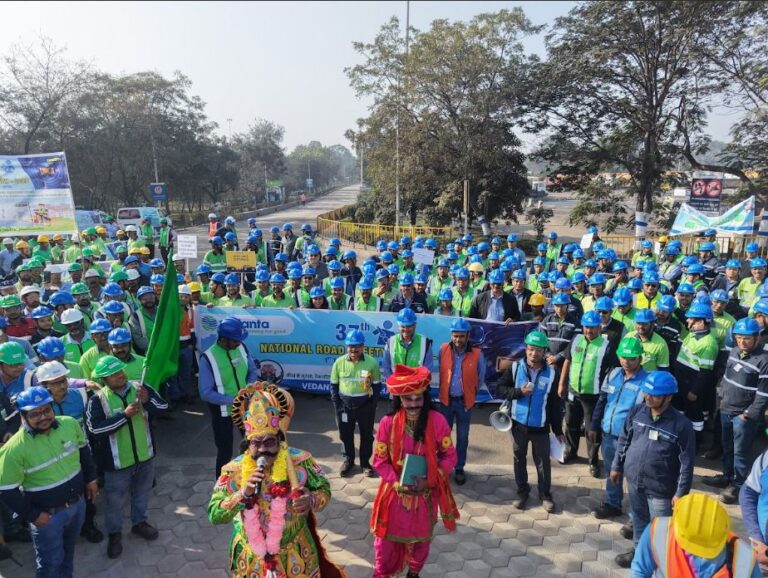
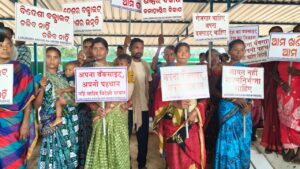
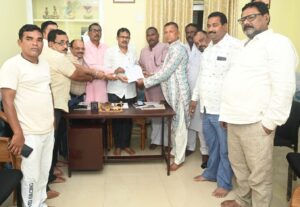
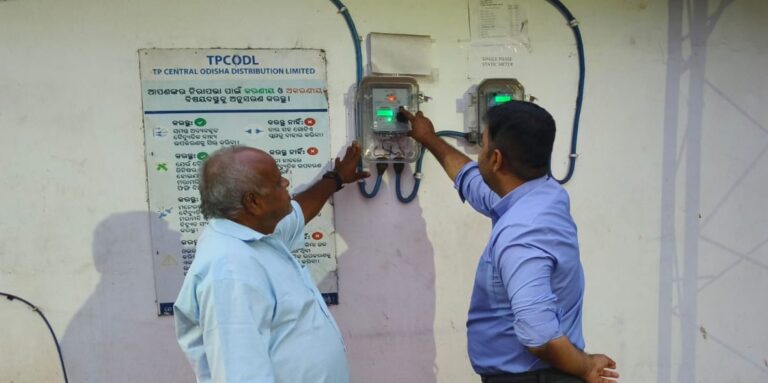

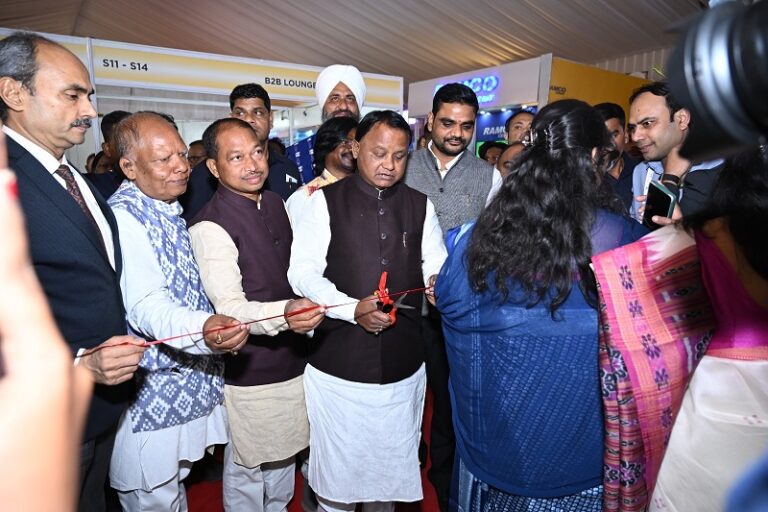

+ There are no comments
Add yours